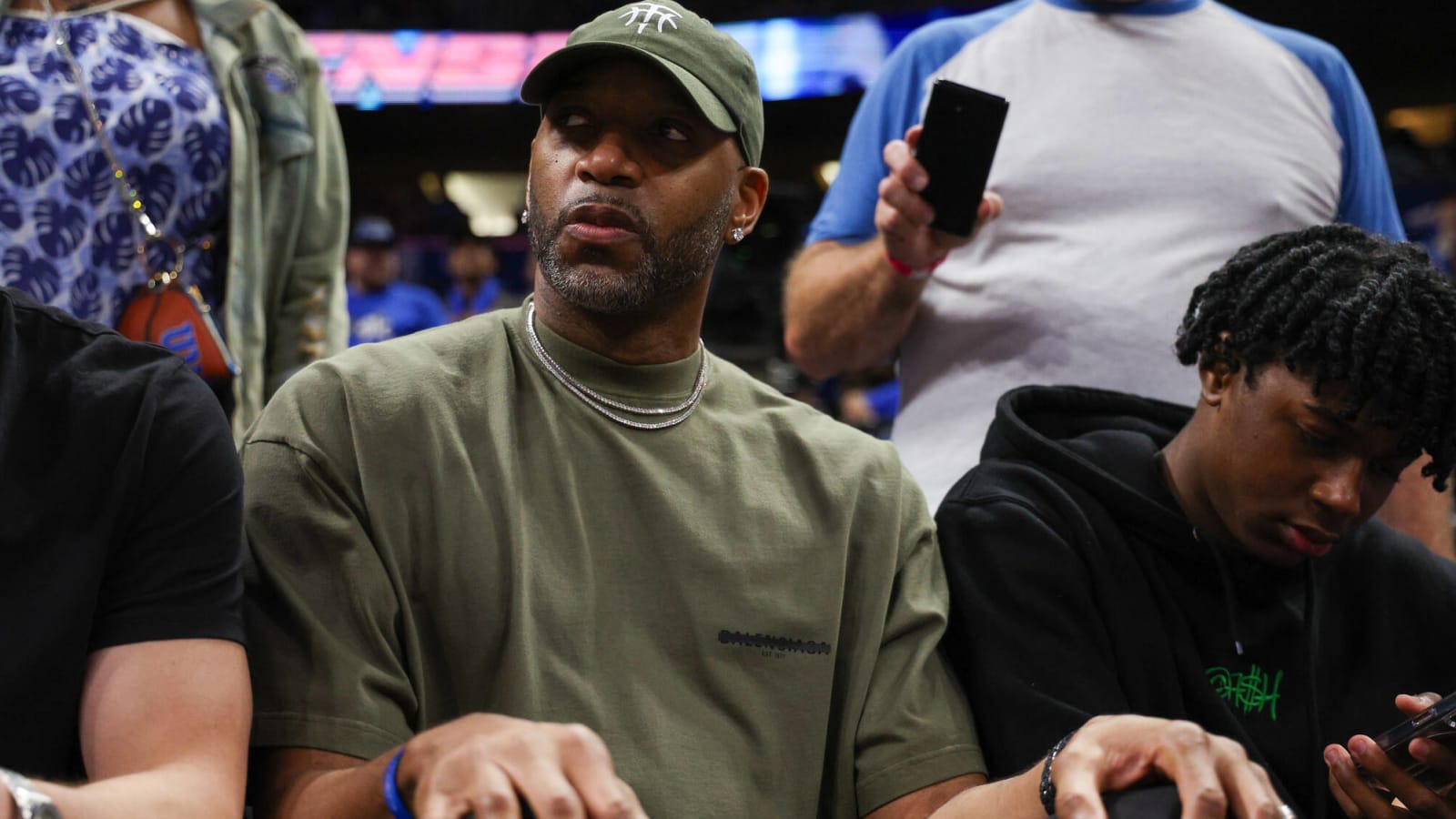
Not in the top 10 if Stephen Curry had been a hornet
Tracy McGrady’s perspective on measuring a player’s greatness stirred up a significant debate in the basketball community. McGrady posited that luck plays a substantial role in shaping a player’s legacy and that winning isn’t the sole criterion for greatness. He highlighted the subjective nature of greatness and how different players’ careers can be influenced by various factors, including the teams they play for.
While many fans and media outlets value titles above all else when determining a player’s greatness, McGrady stressed that this viewpoint ignores the unique skill and significance of players who may not have won championships. He gave the following players as examples: Carmelo Anthony, Reggie Miller, Charles Barkley, Patrick Ewing, Allen Iverson, and all of them are considered outstanding players even though they did not win any NBA titles.
The former NBA player highlighted how important team dynamics and environment are in determining a player’s legacy. McGrady notably mentioned Kevin Durant, Stephen Curry, and Klay Thompson as successful players who played for the Golden State Warriors—a team known for having a good lineup and a solid organizational structure.
McGrady put out a speculative scenario in which Curry, the best shooter in NBA history, spent his whole playing career for a losing team such as the Charlotte Hornets. He implied that if Curry hadn’t benefited from the solid supporting group and winning culture of the Warriors, his legacy might not have been as remarkable. McGrady refuted the idea that winning titles is the only indicator of a player’s greatness by bringing up this hypothetical situation. Rather, he emphasized how crucial it is to recognize each player’s unique ability, skill, and contribution to the game regardless of the team’s performance.
Leave a Reply